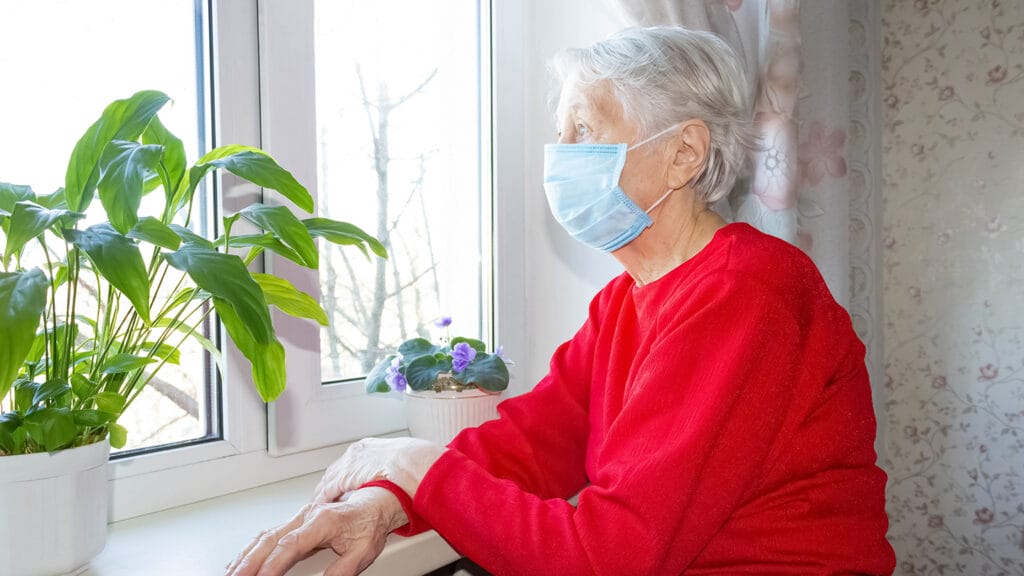
A new partnership in Texas will expand in-home healthcare services including behavioral health, to high-risk patients.
The alliance between Superior HealthPlan, MedArrive and Brave Health will fill care gaps for Superior HealthPlan members with complex needs by addressing non-medical drivers of health and helping members navigate the healthcare system.
MedArrive deploys paramedics and emergency medical technicians (EMTs) into homes to provide in-home episodic and longitudinal care to patients who have chronic conditions and may be frequent users of emergency departments. Brave Health provides virtual behavioral health visits for mostly Medicaid enrollees.
Brave Health has been working with Superior HealthPlan for the past year, but Brave Health CEO Anna Lindow told McKnight’s Home Care Daily Pulse this new partnership will enable MedArrive to screen members in the field and determine if they could benefit from mental health services.
The goal is to create an additional pathway for Superior members to get connected to care effectively, supporting health outcomes,” Lindow said. “We’ve been thrilled to deliver high-quality mental health care to Superior members over the past year. Today, we’re pleased to integrate our collective offerings to serve Superior members together.”
Access to behavioral health services has been gaining steam among providers and payers. Last week, the Centers for Medicare & Medicaid Services proposed a new rule that would expand access to behavioral health services through Medicare Advantage. The proposal would strengthen network access to mental health services by adding clinical psychologists, licensed clinical social workers and prescribers of medication for opioid use disorder to the list of evaluated specialties.
Behavioral health problems have increased during the COVID-19 pandemic. Earlier this year, the World Health Organization reported a 25% increase in depression, anxiety and other mental health issues. A recent study published in JAMA Network of 56,000 Medicare Advantage enrollees found roughly 40% at least one undiagnosed mental illness.



